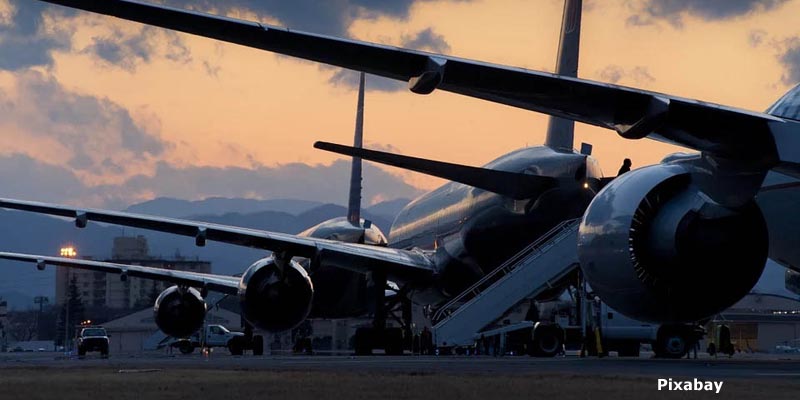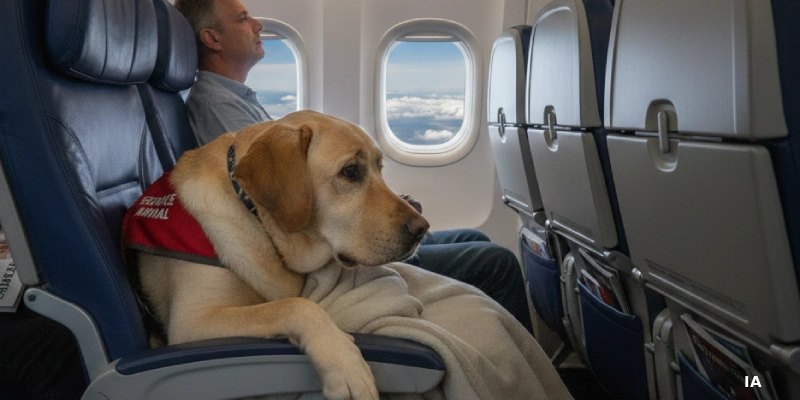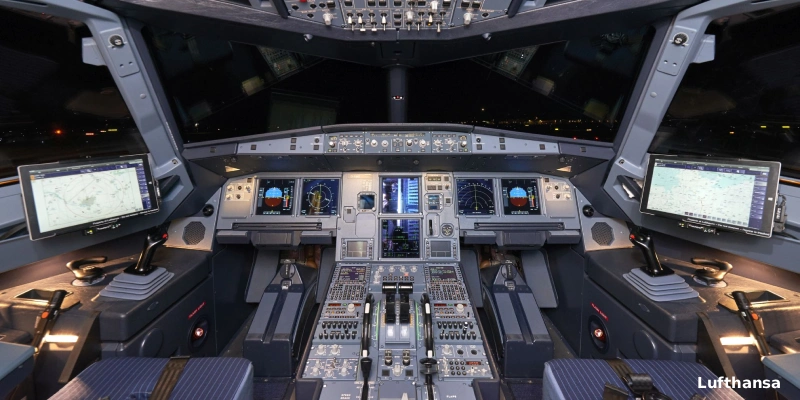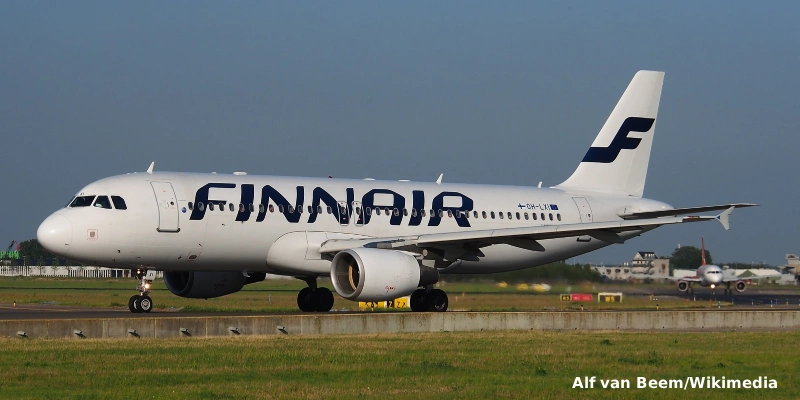Just two months ago, U.S. airlines seemed poised to enter a new golden era. High travel demand and tight industry capacity projected long-term profit growth. However, the situation has shifted dramatically due to government economic policies and growing financial uncertainty, which are now impacting traveler behavior.
Impact of Economic Policies and Inflation
Tariffs imposed by the Donald Trump administration and cuts in public spending have dampened the industry’s optimism. Both tourists and businesses have reduced travel expenditures amid economic uncertainty, forcing airlines to lower their profit forecasts for the first quarter of the year.
David Neeleman, CEO of Breeze Airways, sums it up clearly: “Your basic needs are food and housing. After that, we’re a bit further down the spending list.” The message is clear: without economic stability, consumers are cutting travel from their priorities.
→ Most Punctual Airlines in February
Flight Cuts and Shares Drop
Faced with falling demand, airlines have begun reducing flights to avoid lowering fares and protect profit margins. Over the past two weeks, carriers like Frontier, Delta, United, American Airlines, JetBlue, and Allegiant have adjusted their capacity for the April-June period.
The stock market reflects the turmoil: the S&P 500 Airlines Index has dropped 15% year-to-date, with Delta and United each losing 20% of their value. Frontier Airlines, though less affected, has seen a 2% decline.
Air Safety and Consumer Distrust
Another factor contributing to the demand slump is recent air safety concerns. According to data from Amanda Demanda Law Group, Google searches for “Are airplanes safe now?” surged 900% in February. While airlines believe the impact of these incidents will be temporary, economic uncertainty remains a greater worry.
Market Warning Signs
The U.S. Consumer Confidence Index hit its lowest level in over four years in March. Data from Airlines Reporting Corp shows that ticket sales through travel agencies fell 8% in February, following a 39% increase in January. Additionally, annual passenger traffic growth slowed from 5% in January to 0.7% in March, according to the U.S. Transportation Security Administration (TSA).
Airfare prices are also trending downward. In February, ticket prices saw their first year-over-year drop in six months, as reported by the U.S. Department of Labor.
High Season and Industry Expectations
Despite the uncertain outlook, airlines are maintaining their annual revenue estimates. However, this could change if demand continues to weaken during the summer, the industry’s most profitable season. Barry Biffle, CEO of Frontier, emphasizes the role of employment: “As long as jobs remain stable, leisure travelers will keep flying.”
Spending on airline credit and debit cards fell 7.2% in February, the lowest level in at least six months, according to Bank of America data. Travelers like Jacob Brown, a 24-year-old teacher in Denver, are cutting costs by avoiding hotels and opting for overnight return flights to save on lodging. “I only travel when the cost is absolutely minimal,” Brown says.
Corporate Travel Uncertainty
The business travel market is also feeling the strain. The first quarter is typically one of the busiest after summer, but bookings have fallen short of expectations. Delta reported that corporate travel growth dropped to single digits in February after a 10% rise in January. United noted that government travel bookings were halved, reflecting federal spending cuts.
Gabe Rizzi, president of corporate travel agency Altour, confirms the trend: “Bookings from government contractors and companies in tech, manufacturing, and renewable energy are down by as much as 10% compared to a year ago.”
With information from Reuters
Related Topics
ITA Airways to Allow Pets Up to 30 kg in Cabin on Domestic “Large Pet Friendly” Flights
Lufthansa Implements “IATA Turbulence Aware”: Real-Time Data to Enhance Turbulence Management
Finnair Consolidates European Network: Routes to Luxembourg, Valencia, and Turin to Operate Year-Round
Madrid-Barajas Named “Best European Airport with over 40 Million Passengers”

Plataforma Informativa de Aviación Comercial con 13 años de trayectoria.




